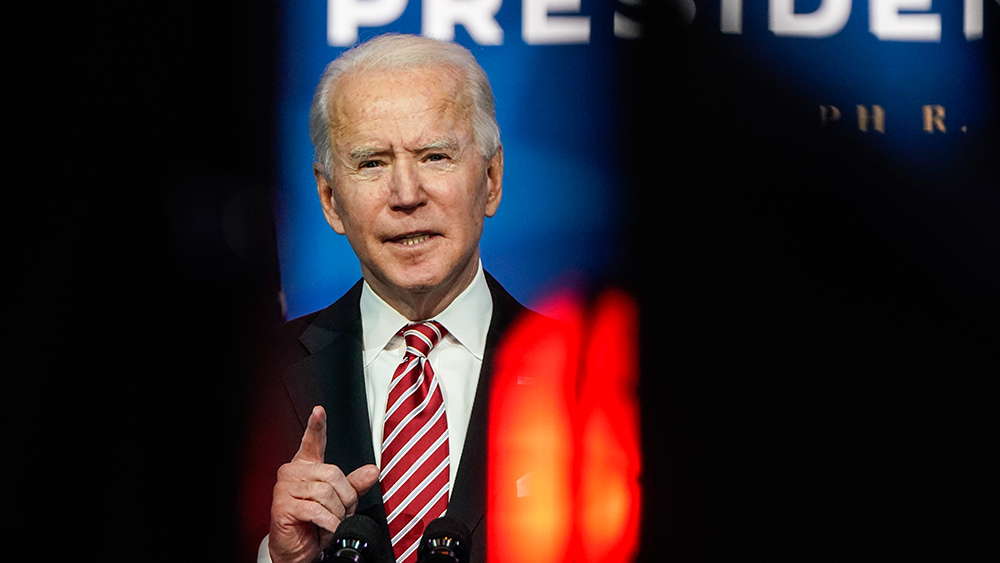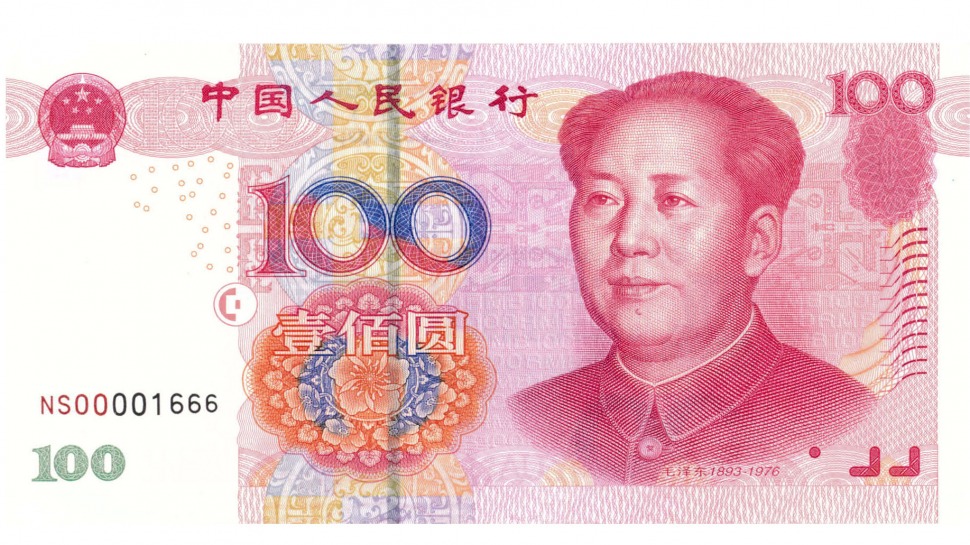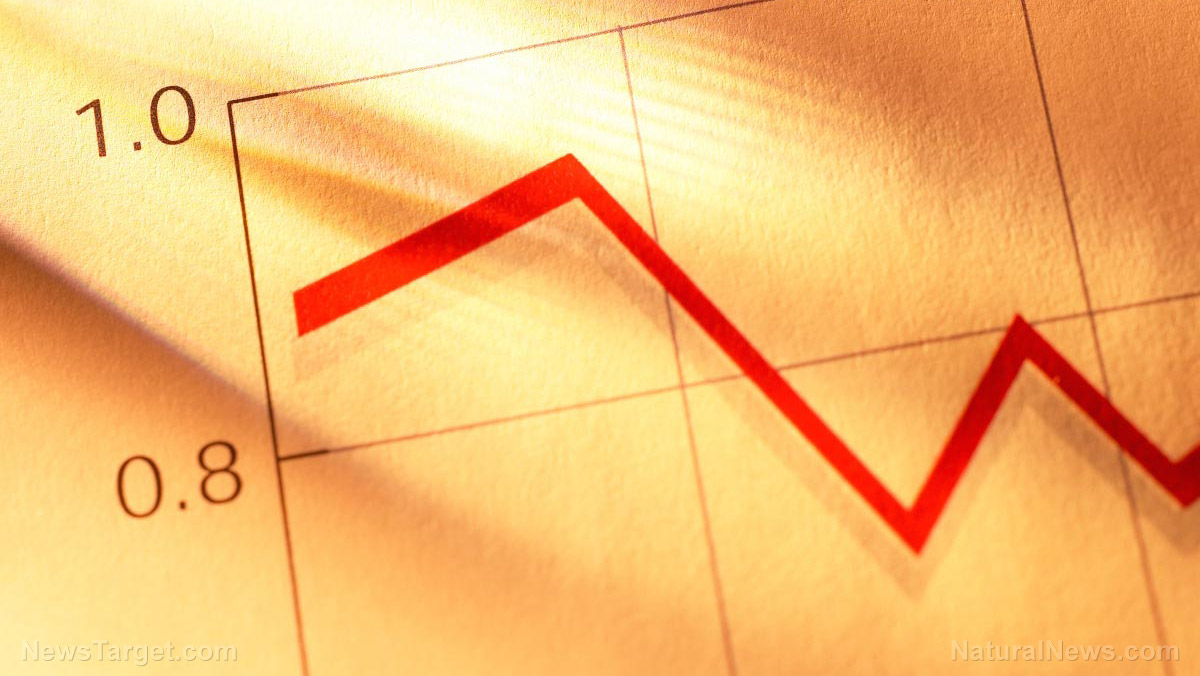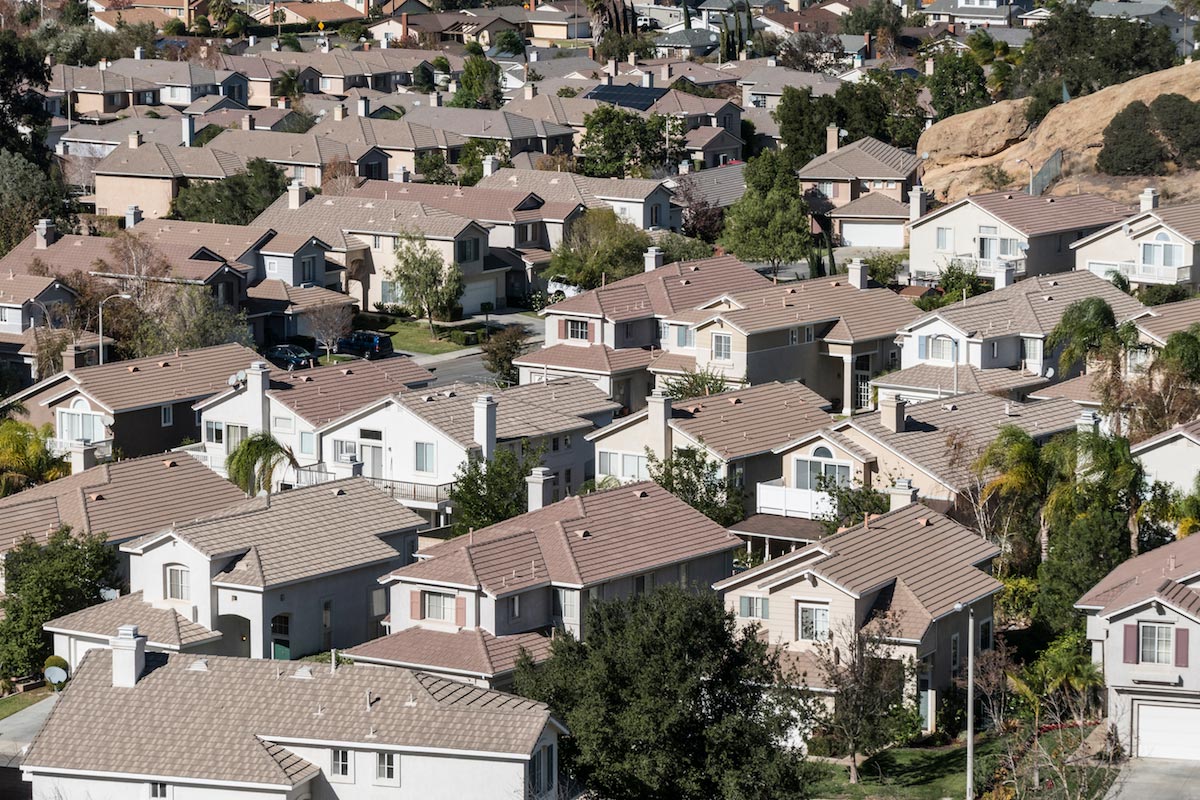China’s Evergrande shares plummet as full-blown DEFAULT becomes inevitable
12/08/2021 / By Ethan Huff
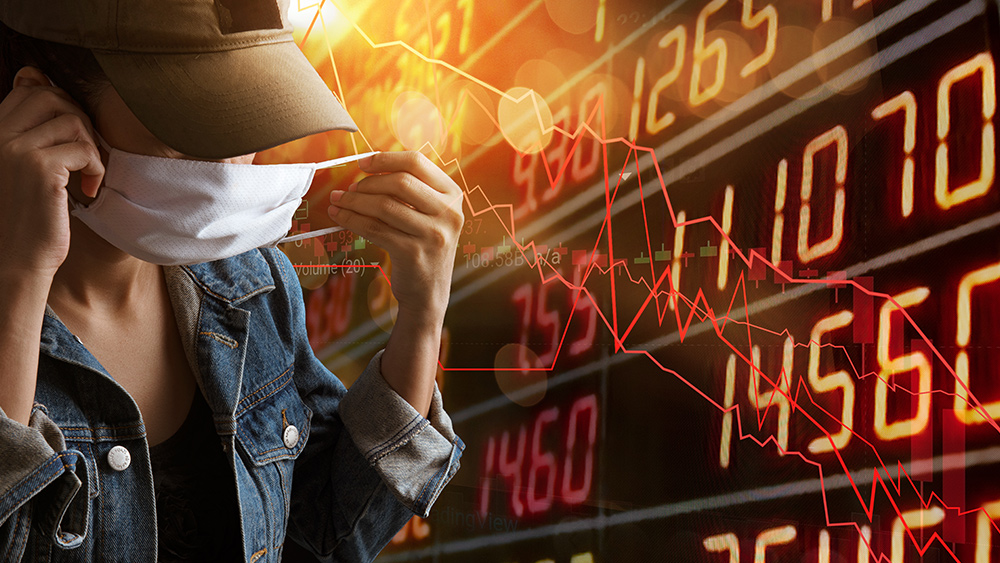
On Monday, the former top-selling developer in China, Evergrande, saw its stock value plummet to new lows right before the company failed to deliver on an $82.5 million foreign (dollar) bond payment.
Following mixed reports about two previous coupon payments that were supposedly made in the 11th hour – evidence suggests that Evergrande never actually made those payments, despite what the corporate media claims – wary investors pulled their money out and sent the stock plunging.
A statement from last Friday showed that creditors had demanded $260 million from Evergrande, but that the company could not guarantee funds for coupon repayment. This prompted Chinese authorities to summon the company’s chairman, wiping 20 percent off the company’s value in a day.
“Evergrande, once China’s top-selling developer, is grappling with over $300 billion in liabilities, meaning a disorderly collapse could ripple through the property sector and beyond,” reported CNBC about the saga.
Authorities in Evergrande’s home province of Guangdong issued their own statement on Friday indicating that the company will be sending a team to “oversee risk management, strengthen internal control and maintain operations – the state’s first public move to intervene directly to manage any fallout,” CNBC added.
China claims Evergrande’s risk to property sector can be contained
China’s central bank, along with its banking, insurance and securities regulators, all issued statements as well with the usual propaganda about how none of this is a risk to the property sector and that everything is just fine.
Evergrande has supposedly entered some kind of managed debt-asset restructuring process. Morgan Stanley added that this process will involve coordination between authorities to both maintain operations of the Evergrande’s property projects, many of which are incomplete and rotting, and negotiate with onshore creditors to ensure continued financing.
All of this could be a smokescreen, though, as there is still no proof that any coupon payments were ever even made. A report by DMSA (Deutsche Markt Screening Agentur GmbH) that we covered back in October explained this in further detail.
“Among the already known institutional investors are such well-known addresses as Fidelity, Blackrock, UBS, Ashmore Group, Prudential, HSBC, Pictet, Vontobel, BNP and Allianz,” that report reads.
Former Fitch analyst Dr. Marco Metzler added that these are only the known international investors, and that there “could be some negative surprises” that turn up later once the dominos really start to fall from all this.
Evergrande Chairman Hui Ka Yan has reportedly been asked by the Chinese government to use his own wealth to repay the company’s debt. This is something that would be completely unheard of here in the United States, by the way, where instead of being punished for their crimes, the financial terrorists are rewarded with bailouts.
“The firm is just one of a number of developers starved of liquidity due to regulatory curbs on borrowing, prompting offshore debt defaults, credit-rating downgrades and sell-offs in developers’ shares and bonds,” CNBC further reported about several other Chinese developers such as Kaisa and Sunshine that are either currently in default or on the verge of it.
Sunshine defaulted on a $170 million bond due Dec. 5, “owing to liquidity issues arising from the adverse impact of a number of factors including the macroeconomic environment and the real estate industry,” the company claims.
Another smaller Chinese developer known as Aoyuan has also been asked for repayment of $651.2 million following a slew of credit-rating downgrades. Because of a lack of liquidity, these payments will probably not be made.
On Monday, Aoyuan’s share price fell nearly eight percent while Kaisa shed 3.8 percent and Sunshine plunged 14 percent.
The latest news about the collapse of the global economy can be found at Collapse.news.
Sources for this article include:
Tagged Under: Collapse, contagion, COVID, crash, debt bomb, default, Evergrande, Plandemic, plunge, Ponzi scheme, risk, stock, Wall Street
RECENT NEWS & ARTICLES
COPYRIGHT © 2017 RISK NEWS

